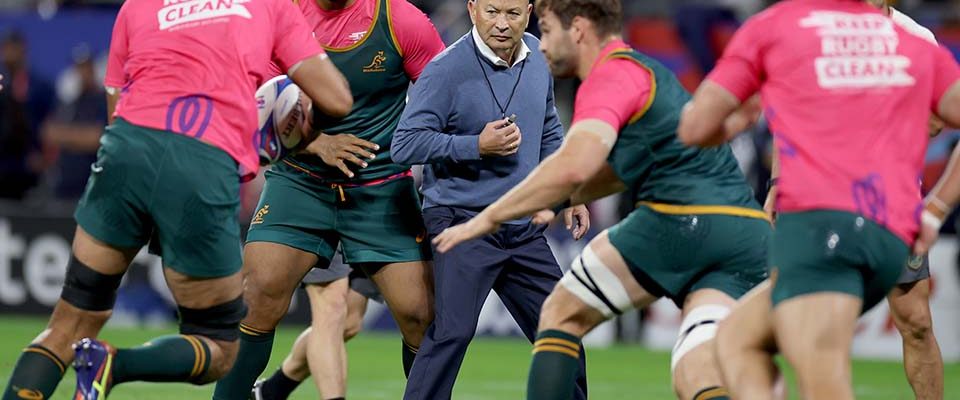The Federation
The financial hardships of the Premiership are the top of the pyramid of this crisis. The root is in the base and in the institution in charge of managing it, the Rugby Football Union (RFU), the English federative body. According to Statista, in 2016, around 260,000 people played rugby in England at least twice a week. In 2021, the last year with data, there were about 134,000. There has been a flight towards other disciplines that are growing in popularity such as running or cycling that the RFU has not been able to stop. The trend is fueled, it must also be said, by a problem that is partially beyond its control: the growing feeling that this is a dangerous sport. It is true that the RFU depends in this matter on the guidelines set by World Rugby, the International Federation, but the fault is that players feel unprotected and families begin to opt for other alternatives when deciding what sport they want their children to practice. , would in any case be shared. Or at least that’s how the 295 players who recently decided to sue both entities, along with the Welsh Federation, understand it as subsidiary responsible for the dementia that has been diagnosed, as a result of recurrently suffering impacts to the skull for years of practicing this sport.
The decline of ’15 de La Rosa’ is evident despite the bronze medal won in the last World Cup.
Franco Arland/Getty Images
Back at the top, problems are piling up around the goose that lays the golden eggs, the men’s team. Their good performance in the last World Cup, where they finished third when there were pools that were even betting on their elimination in the group stage, does not obscure, at least completely, the fact that they did not have been able to compete for the Six Nations in the last three editionswith fifth place in 2021 as the floor, nor the kick forward that the trade of Eddie Jones for Steve Borthwick, whether the latter’s mandate ends well or not. Nor that Twickenham, the largest source of income for English rugby, has for some time been less populated than usual and turned into a tinderbox, with occasional boos, fights in the vicinity of fans frustrated by the results and crazy due to excess alcohol. , a problem that has reached the pages of the Daily Mail by Sir Clive Woodward.
Twickenham, the biggest source of income for English rugby, has long looked less populated than usual and turned into a tinderbox.
That, in sports. Economically, the situation is not much more promising than in club rugby. In fact, only the 102 million that the RFU received for the Six Nations agreement with CVC saved its accounts from the red numbers last year, in which the position of Bill Sweeney, its CEO, and his salary of 750,000 euros annually. Especially after a parliamentary committee in charge of investigating the Premiership crisis, which is still in some way under the umbrella of the Premiership (something that is intended to change to compartmentalize spaces so that future problems of an organization do not affect to the other), resolved as a more obvious conclusion that leadership in English rugby is “inert” right now.
